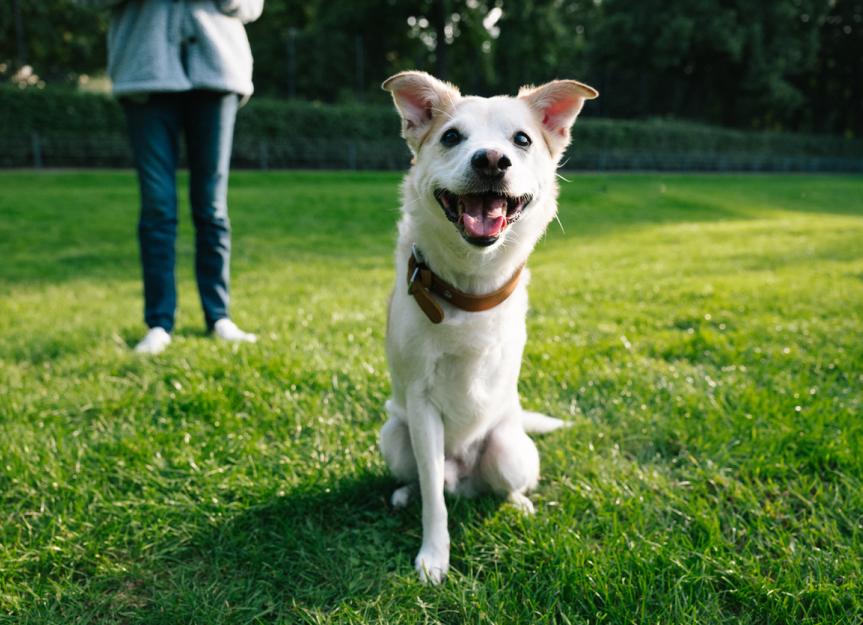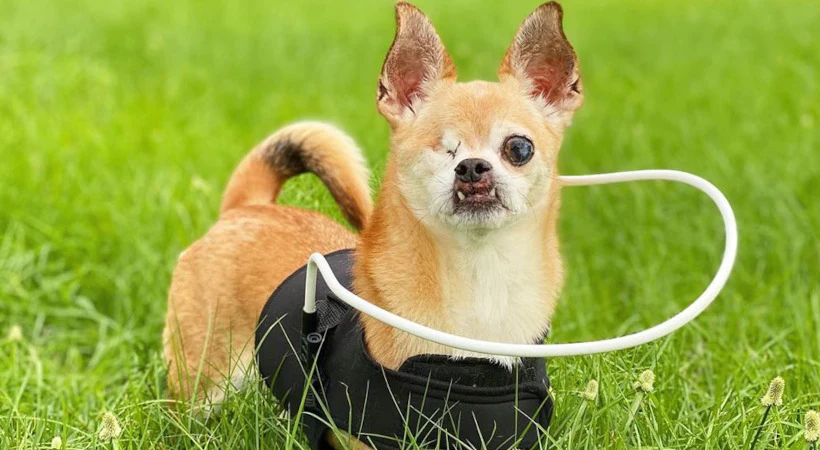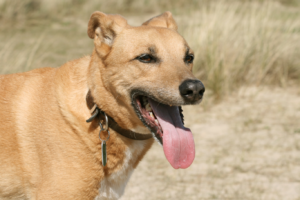
It’s Specially Abled Pet’s Day, and we want to take a moment to celebrate our extra special pups and their different abilities. Our pups with special abilities need a little extra TLC everyday. There are many different kinds of differences our dogs can have, both physical and mental, and whether you’re a pro or thinking about adopting a dog soon, we want to give you the information you need in case you end up adopting a dog with special abilities so you can care for them in the best way possible.
Whether due to congenital conditions, accidents, or illness, these dogs can adapt remarkably well to their circumstances. Some common, but not exhaustive, differences are:
- Three-Legged dogs (tri-paw-ds) may have lost their legs in accidents, from disease, or they were just born that way. But just because they’re a little different doesn’t mean that they don’t love to run, jump, and play to the best of their abilities. Start with short, easy walks and gradually increase their distance. While tri-paw-ds often adapt quickly, they might need assistance with balancing or going up stairs. Providing a soft, non-slip surface to walk on can prevent falls. Their remaining limbs take on more stress, so joint supplements or medications to support their healthy mobility may be needed.
- Blind dogs may have lost their vision due to genetic conditions, accidents, or age-related factors. They rely more on their other senses, like smell and hearing, to navigate the world. Keep furniture and objects in consistent places so your blind dog can learn the layout of your home. You may need to block off dangerous areas like stairs. Use sound cues to help guide them. Whistling or tapping on the ground can help your dog navigate. Blind dogs can still enjoy interactive play. Scented toys or toys that make noise can be stimulating and fun.
- Hearing-impaired dogs often lose their hearing as they age, or it could be genetic or injury. These dogs communicate through visual signals and can thrive in a home with the right adjustments. Use visual cues and hand signals instead of verbal commands. You can also use vibration collars to get their attention. Because deaf dogs may not hear sounds like traffic or other pets, it’s important to keep them in a safe, enclosed area when outdoors.
- Dogs with neurological conditions like epilepsy or paralysis can affect a dog’s coordination or behavior. These dogs may require specific medical care, but with the right treatment, they can lead fulfilling lives. Talk with your vet to come up with a plan to best care for your pup, and to help you find a food and exercise routine that best fits their special needs.

If you’re considering a specially abled dog…
There are three main things you will want to think about before bringing a specially abled dog into your family:
- Time and Patience: These dogs may need more time to adjust to their new home, and some require additional medical care or physical therapy.
- Financial Commitment: Treatments, therapy sessions, or special equipment like wheelchairs can add to the cost of ownership.
- Home Adaptation: Be prepared to make adjustments to your living space to accommodate your dog’s needs, such as adding ramps or rearranging furniture.
And while there are definitely important items to consider whether or not you can appropriately care for a specially abled dog, the benefits of bringing a dog into your family are the same across breed, size, and ability. Your pup will love you unconditionally, improve your mental and emotional wellbeing, and give you a new best friend in their own special way.


